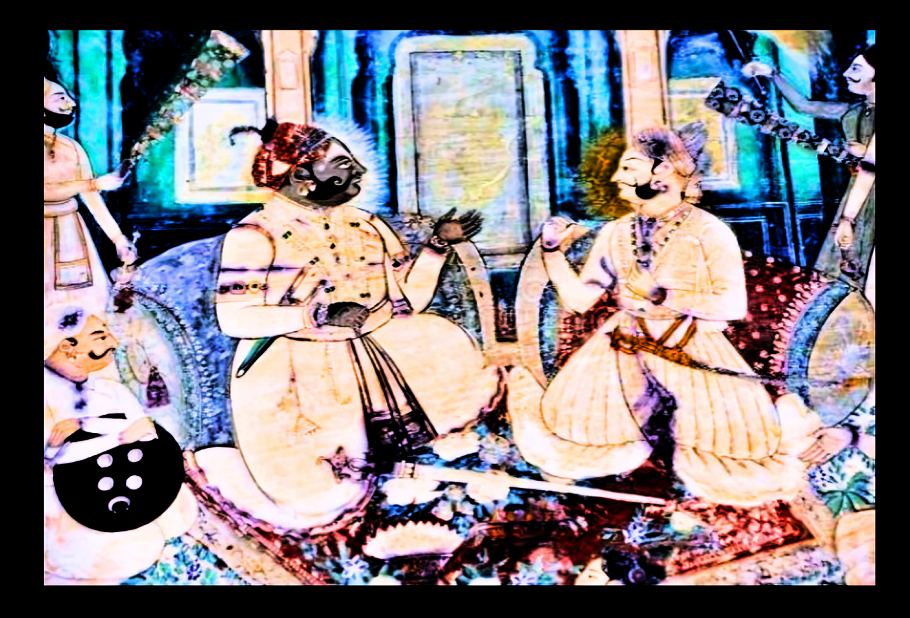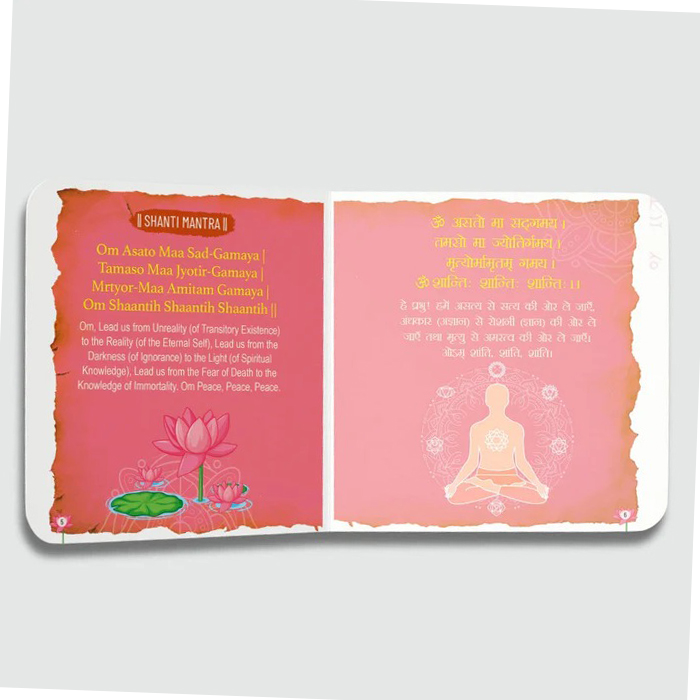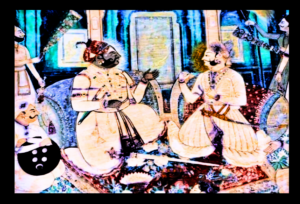Everyone who visited King Vikram’s kingdom spoke highly of it. After all, it was a vast kingdom, with a strong army, overflowing coffers, palaces of unmatched opulence, and an overall happy populace. In other words, everything seemed picture perfect. It was doubly commendable considering Vikram had, over a decade ago, taken over the reins of a decrepit kingdom from his father. Every neighbouring king was both envious of—and admired—his kingdom, including King Suyash, who was currently on a royal visit.
However, King Suyash was shocked at what he encountered in the first royal court proceeding he attended. One of Vikram’s ministers was extremely critical of the king. But instead of reprimanding him, the king thanked him. This seemed to be the norm. There were instances where other close ministers too spoke in a manner that Suyash had never heard anyone speak to a king. Nevertheless, Suyash kept quiet.
By the end of the week, Suyash was dismayed. He had envisaged Vikram as a robust king, whose words would send shivers down everyone’s spine. Instead, what stood before him was a complete contrast. How can such a king be so successful? One evening, when Vikram noticed Suyash being lost in thought, he wondered what was troubling him. Suyash blurted out his feelings.
Vikram smiled and replied, ‘What appears as my weakness, in fact, is my biggest strength. People invariably surround themselves with yes-men. They are of no help except to boost your ego. Those who come across as harsh critics with overt criticisms are this kingdom’s special aides, who keep a vigil over administration and the prevalence of righteousness. Little wonder they have a say in important matters. My administrative skills is given the credit for the kingdom’s progress, though I can’t deny the contribution of these critics who constantly keep me on my toes.’ It was a life lesson that King Suyash would never forget.
King Vikram seems to be following Kabir, who stated in one of his couplets, ‘Nindak niyare raakhiye aangan kuti chawaaye, Bin paani saabun bina nirmal kare subhaaye’ (keep your critics close by, perhaps even by building them a place to stay within your house since they’ll cleanse you without water or soap). We must take a leaf out of Vikarm’s life and Kabir’s doha by making sure not to shoo away genuine critics or run away from them. Instead, we must keep them close by since in their criticisms lie the possibilities of our improvement.














